We’re excited to introduce you to the always interesting and insightful Fabiola R. Delgado. We hope you’ll enjoy our conversation with Fabiola below.
Fabiola, thanks for taking the time to share your stories with us today Can you talk to us about a project that’s meant a lot to you?
I’ve been incredibly fortunate to work on a wide range of projects, each one meaningful in its own way, so it’s impossible to pick just one. And I feel like I’m only getting started!
I always infuse a bit of me in partner projects, whether it’s co-creating a citywide food justice program with Chefs José Andrés and Carla Hall for the Anacostia Community Museum; developing inter-library partnerships that brought Hirshhorn Museum collections into local libraries for families to enjoy; or designing artivism and wellness activities in connection to the collective art marvel that is the Fundred Project, initiated by catergory-defining artist Mel Chin. Each experience brings its own kind of magic.
Independently, I’ve organized projects that reflect my personal history, and I’m continually moved by how that resonates with others. There’s truly something universal in the deeply personal. Our individual stories of exile, displacement, seek for justice, and cultural memory mirror each other more often than we realize. I see my work as a way to recenter these narratives, to affirm their importance and our dignity.
Right now, I’m curating the 9th edition of the Foggy Bottom Biennial, which I’ve titled “Homeland | Hostland”. It brings together 14 artists and artist collectives in a meditation on identity, movement, and the reciprocal nature of belonging. The exhibit considers how migration, in all of its forms, transforms the travelers, the landscapes, and the people they encounter altogether. ~~ What makes this exhibition especially meaningful is that it’s hosted by the neighborhood itself. Foggy Bottom residents generously open their homes to display the works in gardens, windows, alleys… That kind of trust –in me, in the artists, and in our shared vision– is so humbling. To be welcomed so wholeheartedly and being able to grow relationships over time with the artists, the team, and complete strangers who become co-hosts and stewards of the art, feels almost sacred. It’s this kind of radical hospitality and solidarity that affirms our belonging, and that art belongs to all of us.
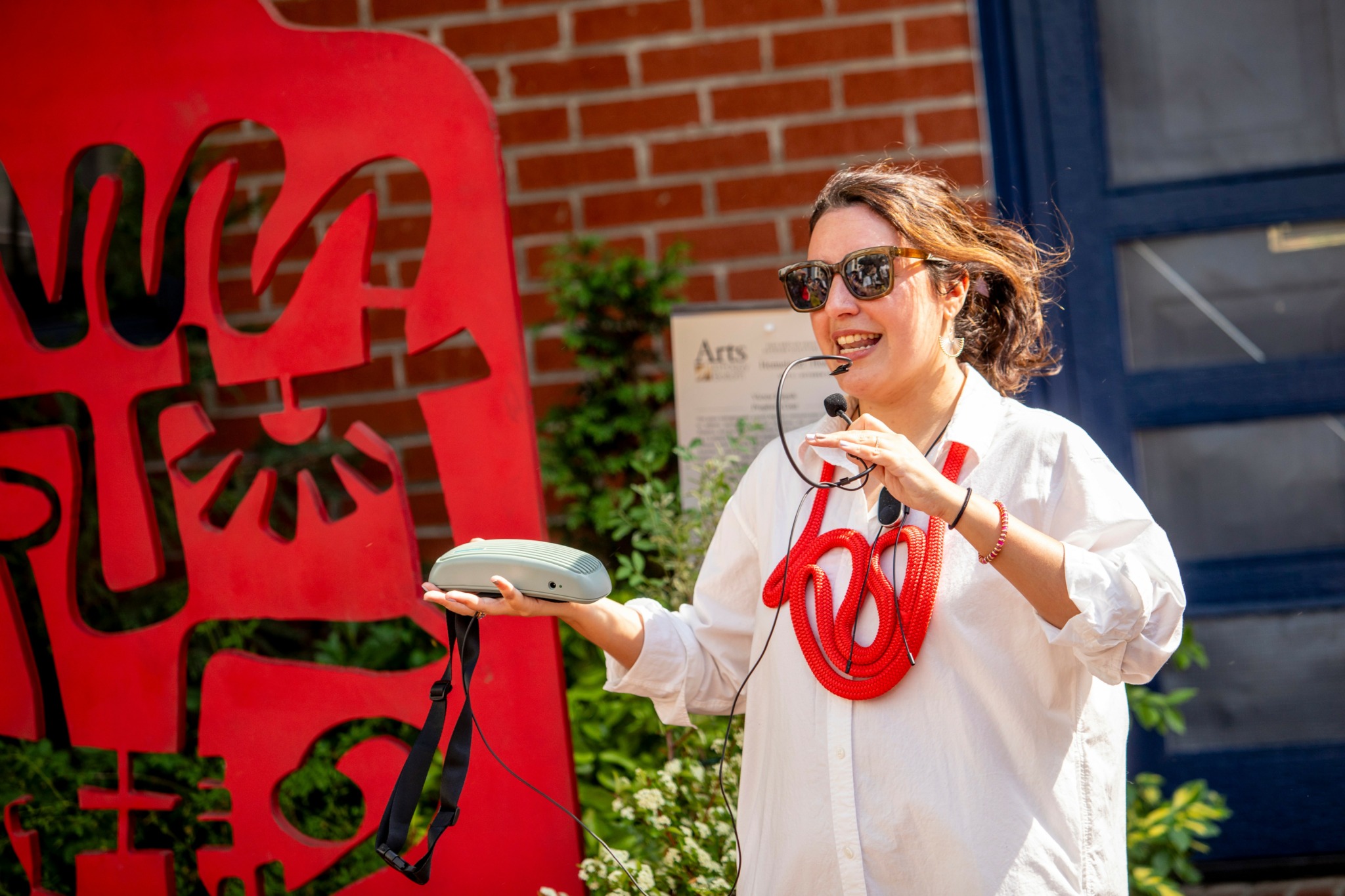
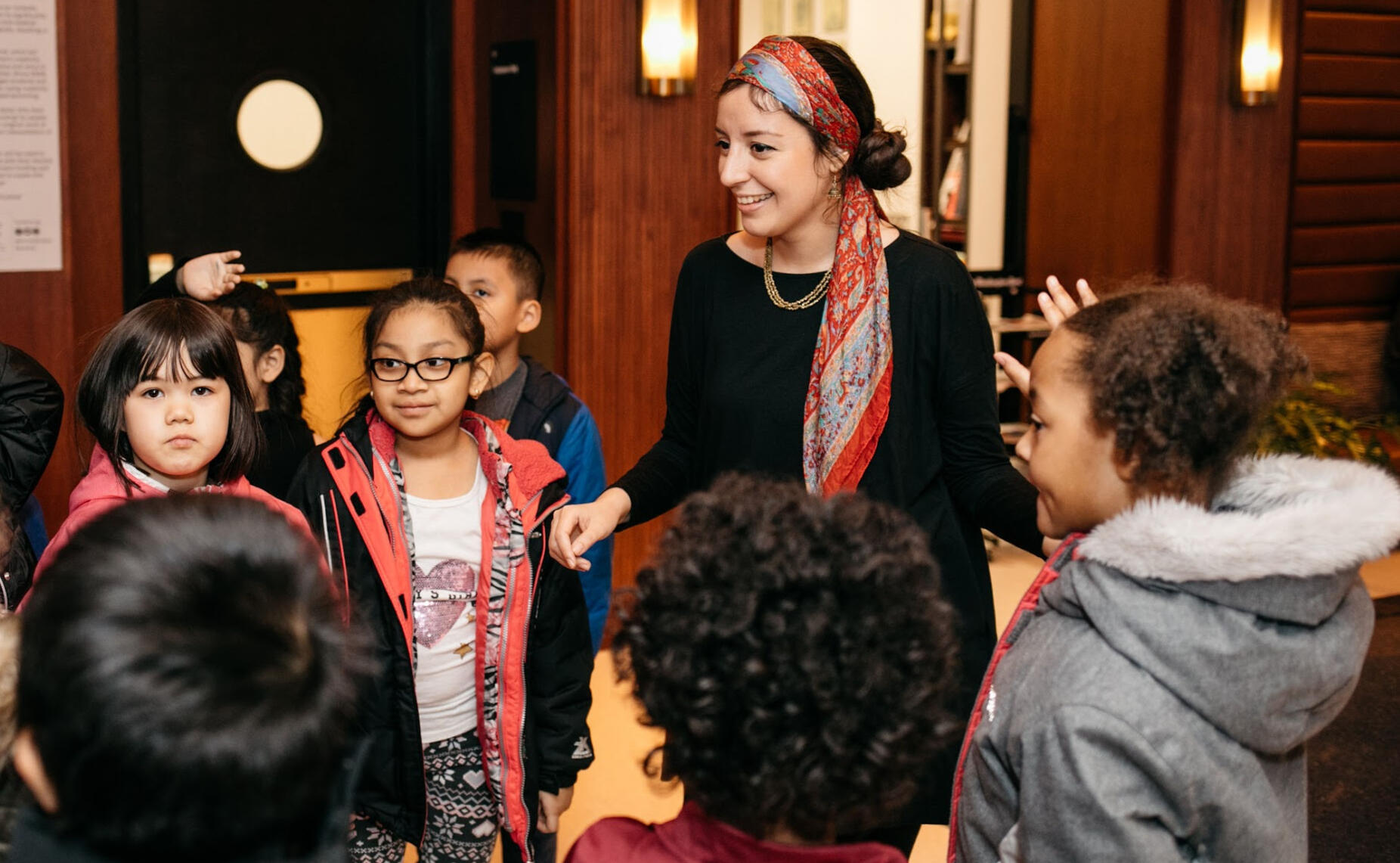
As always, we appreciate you sharing your insights and we’ve got a few more questions for you, but before we get to all of that can you take a minute to introduce yourself and give our readers some of your back background and context?
I’m an independent curator and creative producer based in Washington, DC. I’m originally from Venezuela, and although I’ve always been involved in the arts one way or another, my first professional path was as a human rights lawyer––an experience that shapes how I approach storytelling and cultural work today. I see art as a tool for justice and healing, and I’m especially drawn to stories that explore identity, displacement, memory, and history-building.
I didn’t become a curator overnight, though. When I first arrived in the US, seeking political asylum, I worked as a nanny for many years. That time was my second formative stage, and one of the most humbling, character-building periods of my life. Not everyone was welcoming at first, but I found a family (in every sense of the word) that truly embraced me, and encouraged me to pursue art curation and museum education. As a foreign woman and former lawyer taking care of American children, I saw myself in so many other women, past and present. Brilliant, capable people caring for someone else’s most precious responsibility, and sharing that responsibility with love and dignity. That experience solidified the importance of intergenerational learning in my life and work. It taught me that care is a form of expertise, and that nurturing through caregiving, storytelling, and community-building, is a powerful act of strength and cultural preservation.
Today, as a curator and creative producer, I carry that understanding with me. It shows up in how I build relationships with artists, how I think about audience and accessibility, and how I center stories of those that are usually overlooked. My journey into this field wasn’t traditional, but it’s grounded in lived experience and the potential of art to tell the stories we carry with us. I curate exhibitions, participate in scholarship, editorial projects, and develop public programs for all ages. I work both independently and in collaboration with institutions, alternative spaces, and fellow creatives. My projects tend to be site-responsive, and are always justice-forward. Sure, I’m interested in materials, techniques, styles… but what matters to me the most is depth, reciprocity, and ideas with staying power: those that will continue to live after I’m gone.
For those getting to know me or my work, I want you to know that I lead with care. I believe in listening closely, sharing space with others, and building projects that are as intimate as they are expansive. My curatorial work isn’t just about presenting art, but about shifting narratives, nurturing relationships, and imagining better worlds.
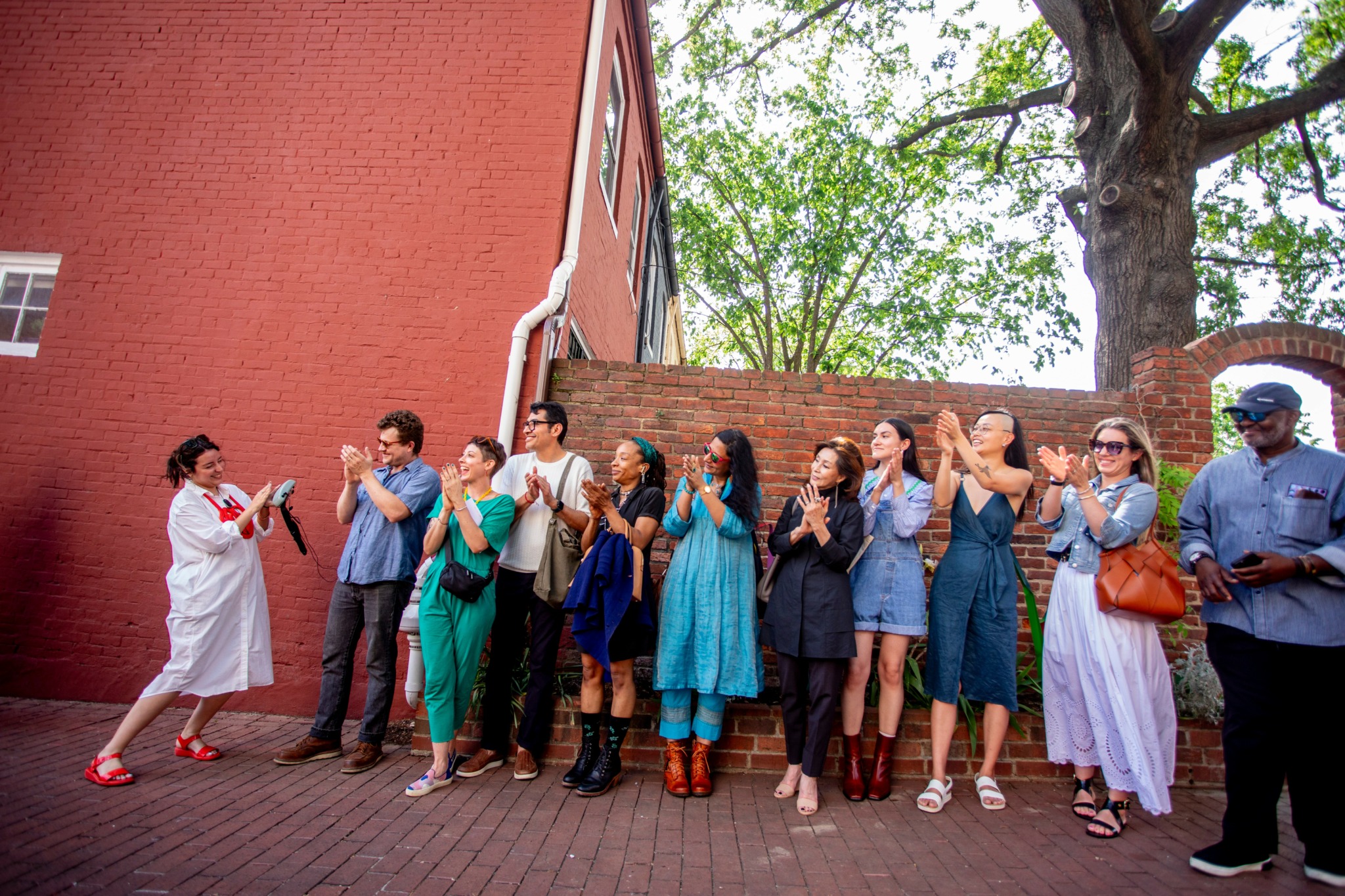
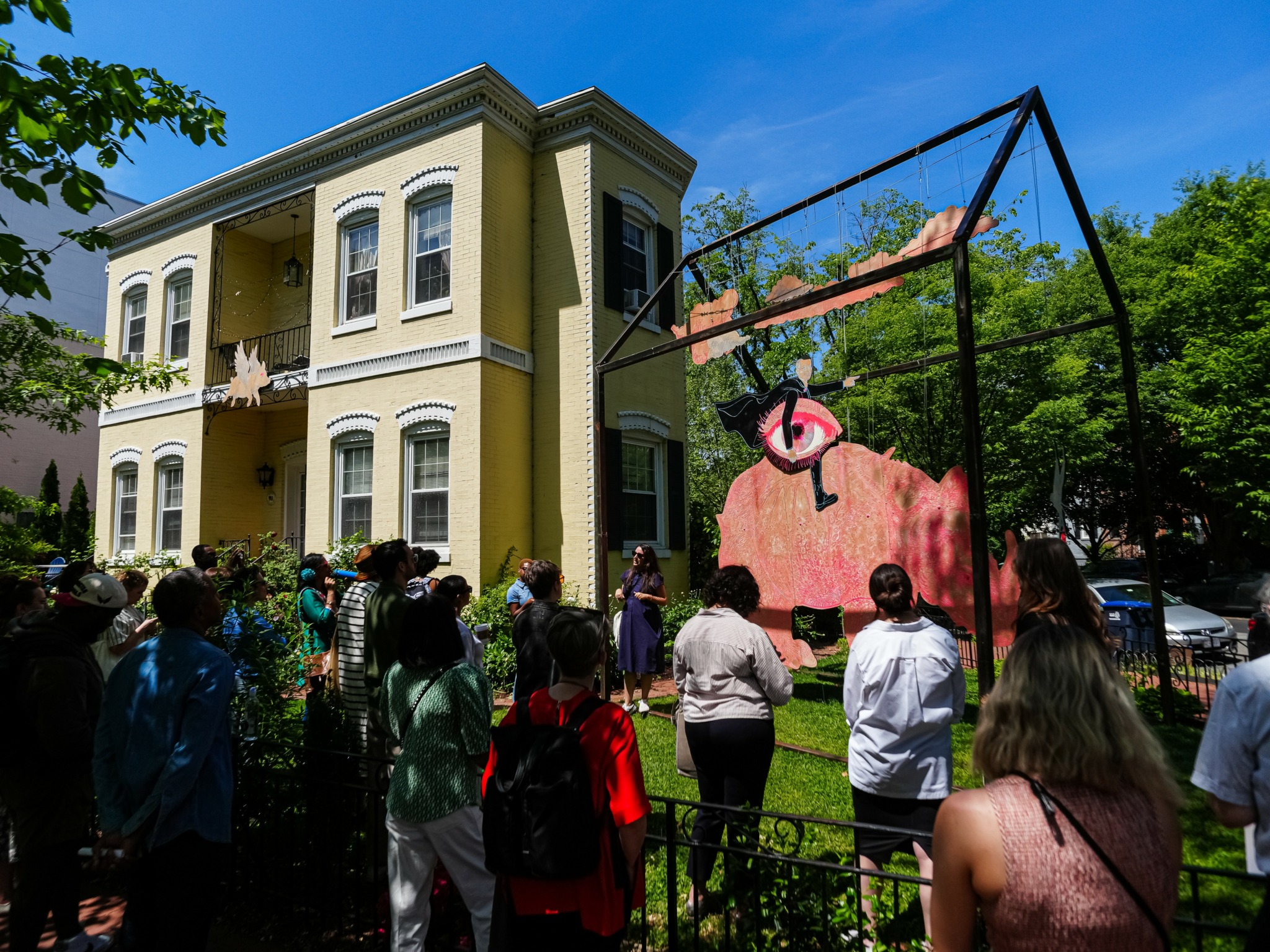
Let’s talk about resilience next – do you have a story you can share with us?
I mean, simply coming to the United States and building a life feels pretty resilient. I was 21 years old, alone, and with no clear roadmap; just the willpower to survive. As I shared before, I worked as a nanny for many years. In fact, I’ve been a nanny for longer than I’ve been an “official” curator. And while those two roles might seem worlds apart, I see them as deeply connected.
Caregiving taught me patience, creativity, and how to navigate the unpredictable with love and adaptability. It showed me the value of tending to people’s growth, learning, health, relationships, trust, and sense of safety. In many ways, it prepared me to work with artists! Their imagination, vulnerability, and determination remind me of the same magic I witness in kids: boundaryless thinking and courage to keep going no matter what.
Resilience doesn’t always look like a bold statement. It can be just showing up every day to care for someone else while quietly rebuilding your own dreams.
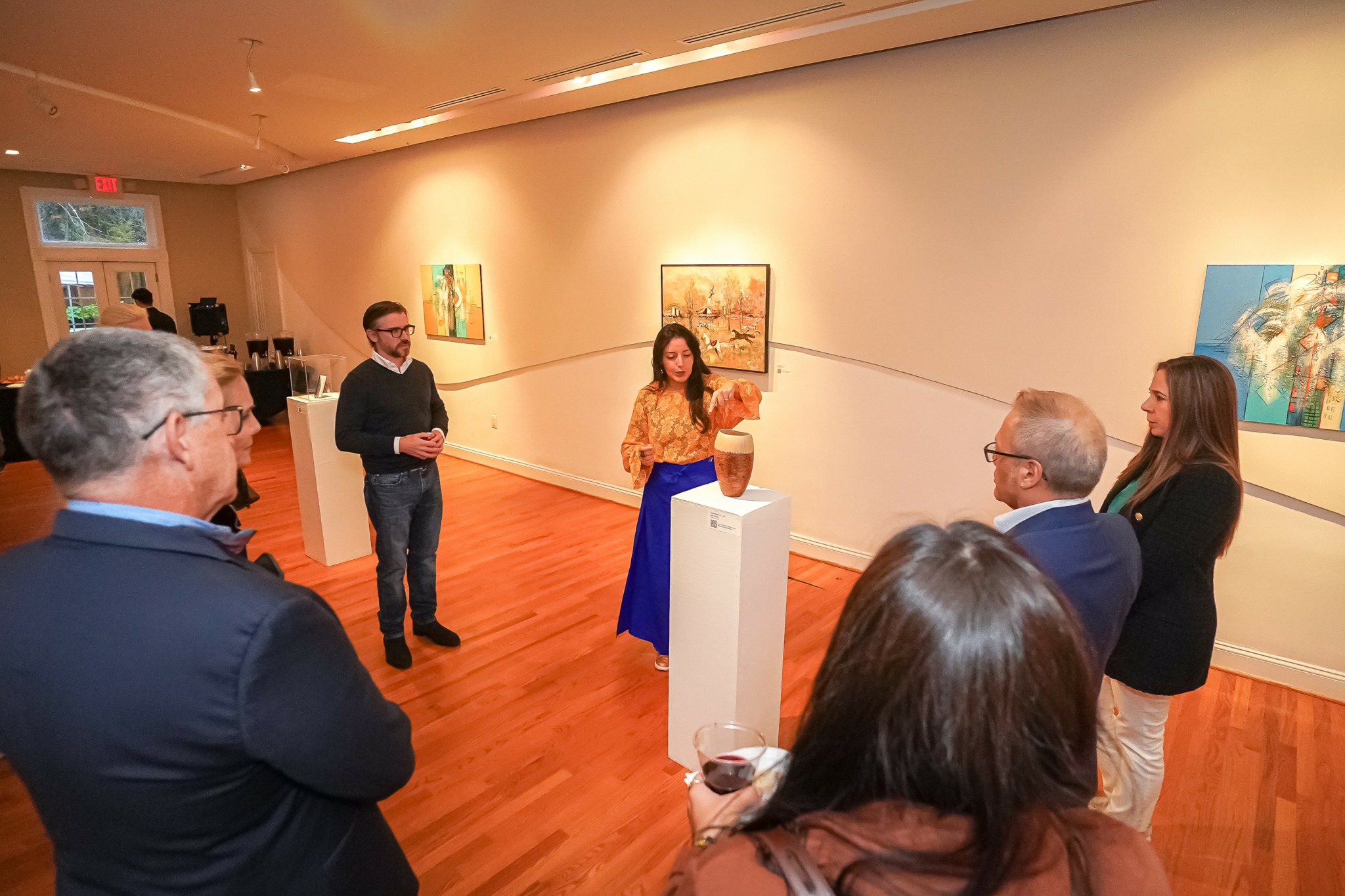
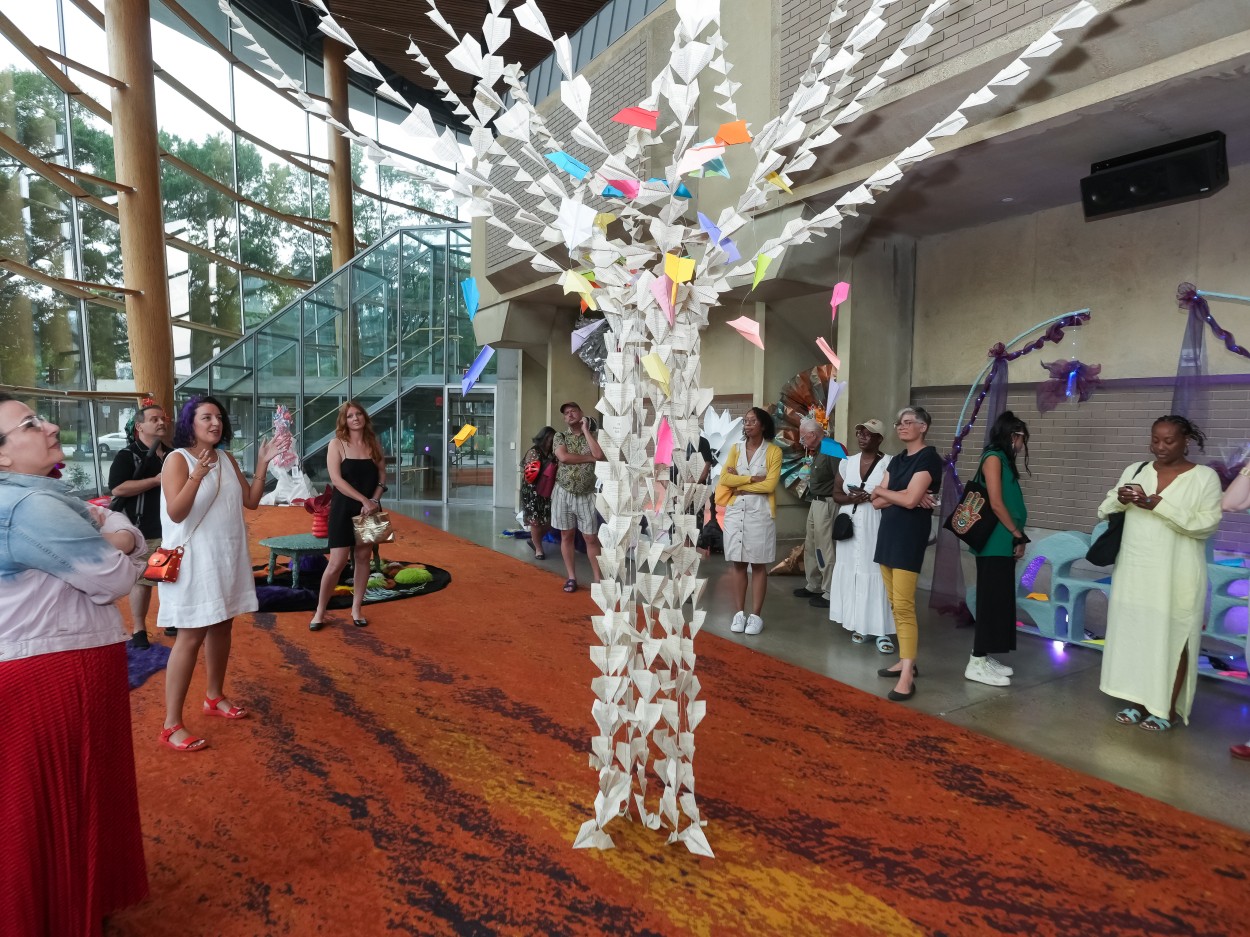
Learning and unlearning are both critical parts of growth – can you share a story of a time when you had to unlearn a lesson?
I remember walking into the Hirshhorn Museum in DC and asking about volunteering opportunities. I don’t know why I didn’t just email or call, but I guess an in-person conversation just made more sense to me. That small decision changed everything. The person I spoke with, Ashley Meadows, who was the Gallery Experience Manager at the time, encouraged me to apply for a gallery guide position. At first, I flat-out said no. I didn’t have a degree in art or art history, I wasn’t a recent graduate, I had a job already, I was too old… I convinced myself I wasn’t the right fit before even trying. But Ashley kept gently pushing me. I gave her like 7 different excuses, and she had a response to each one (talk about patience!). Eventually, she said something that’s stuck with me ever since: “If you don’t get it (the job), you haven’t lost anything. And if you do get it, you can always say no.” That simple reframing lit something in me, and it’s advice I share with people all the time now!
I applied—and I got it! Not only was I capable (more than capable!) to do this job, but I had a choice in the matter. Coming from a place of survival, I didn’t always have a choice, but a *need* for work. This position became a gateway into the art world for me, especially at the institutional level. But more importantly, it was a lesson in owning my choices. At the time, I was still looking for an opportunity in the legal sector, since it was the path I had imagined for myself, but no doors were opening. Then suddenly, a new one appeared! One I hadn’t seriously considered before, and honestly, didn’t even know existed. I realized my dreams could change, because I had changed; that I could continue learning and make new paths for my growth; and that an invitation is only good if you respond.
Contact Info:
- Website: https://fabiolardelgado.com
- Instagram: @fabiola.rdelgado
- Linkedin: https://linkedin.com/in/fabiola-r-delgado
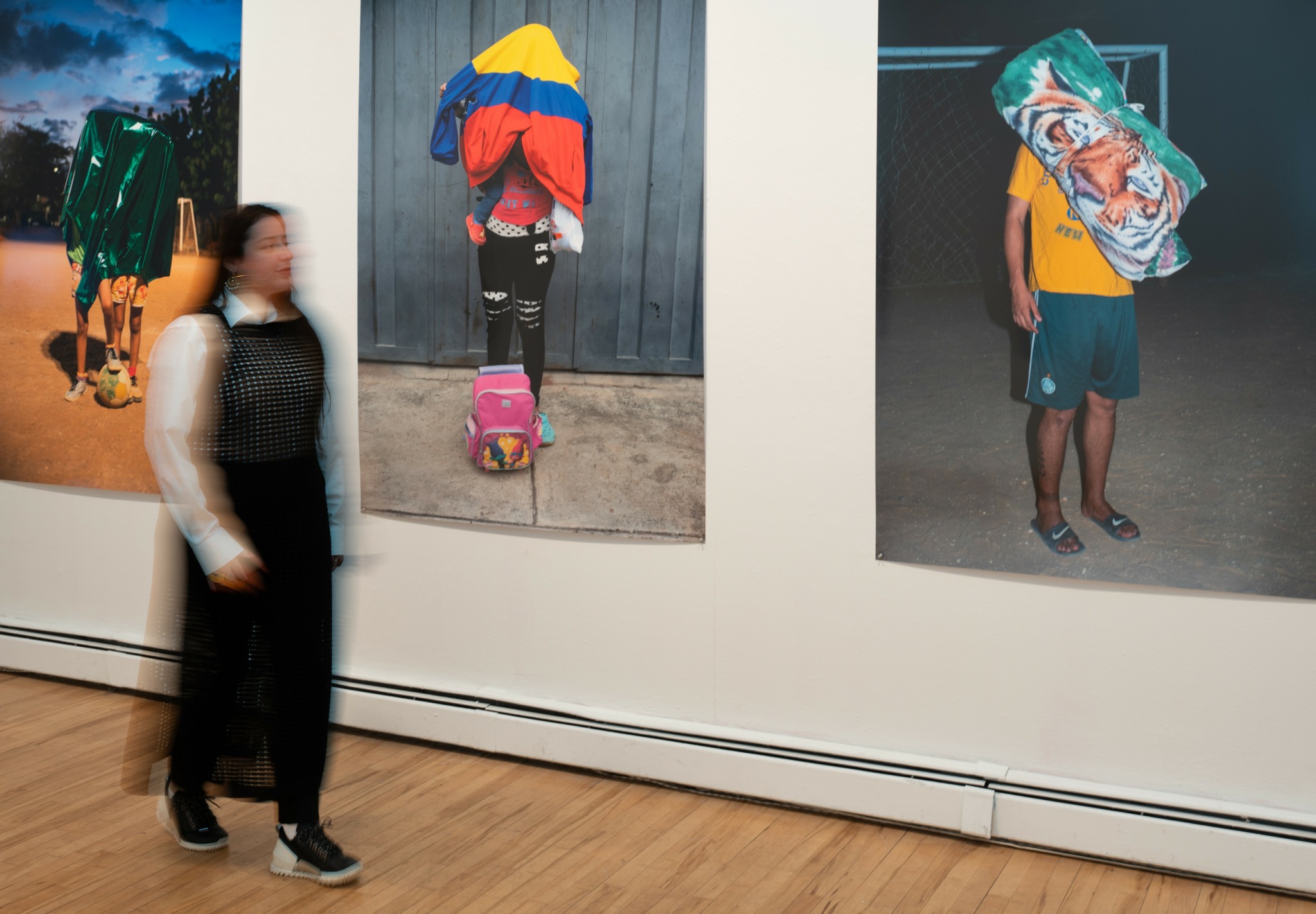
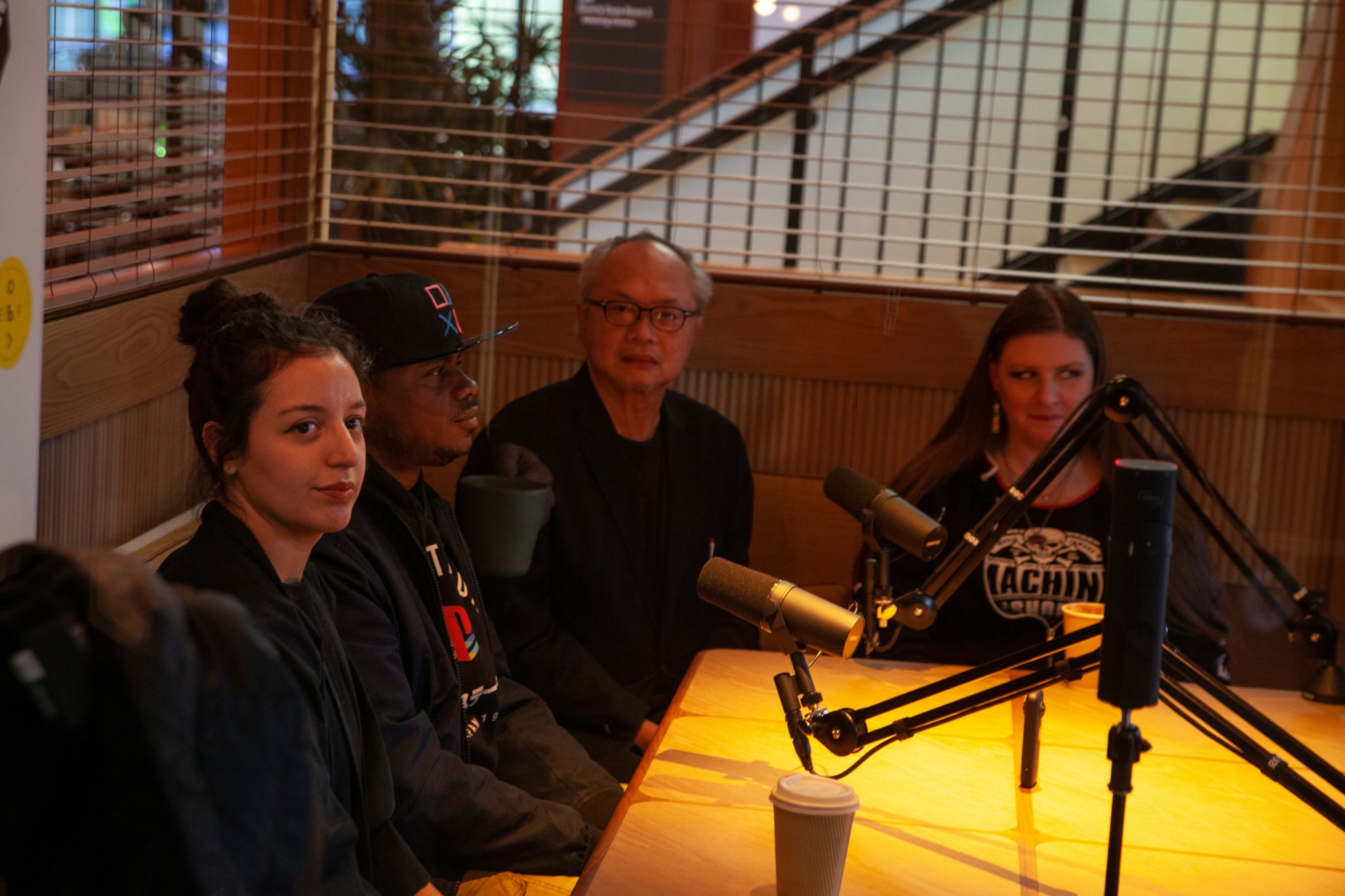
Image Credits
Photos 1, 2, 3: Mariah Miranda
Photos 4, 5, 6: Albert Ting
Photo 7: Samoel Gonzalez
Photo 8: Elijah Williamson

